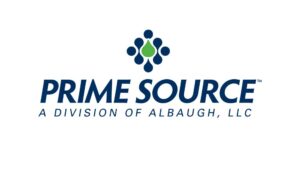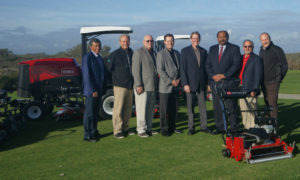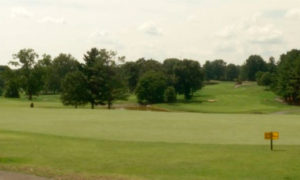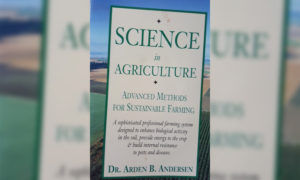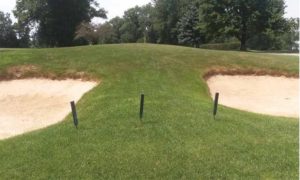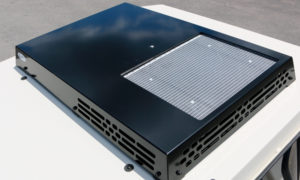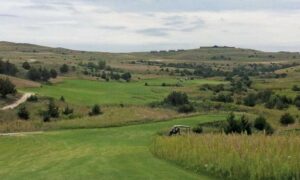Most of us are familiar with the concept of composting. The most basic method of composting began 2,000 years ago back in the days of the Roman Empire. Organic waste would be placed in a pile after the harvest and would break down into compost by the next growing season. The composted waste material would then be spread around new crops as a source of nutrients. Modern day composting has evolved to produce compost more efficiently, but the basics remain the same. Waste material is broken down by the microbial action of fungi and bacteria into plant nourishing nitrates and nitrites. Standard composting is a fairly slow process which can take up to six months.
There is a process called vermicomposting that is much more efficient and quicker than standard composting methods. Vermicomposting is a composting method that relies on worms to process waste material. Worms native to the Glen Ellyn area are not very efficient breaking down plant material but there are a few non-native varieties that have voracious appetites for waste and are commonly known as Red Wigglers. The two red wiggler species available in the U.S. are Eisenia foetida and Eisenia andrei. Neither of these worm species can survive our cold winters so they need to be protected to survive our normal winter temperatures.
Large scale vermicomposting has been practiced in Canada, parts of Europe, Japan and the Philippines for many years. For the most part, only small scale vermicomposting is performed in the U.S. It’s estimated more than 60,000 homes in the U.S. use some form of indoor vermicomposting. There are several types of worm composters available for homeowners who wish to turn their kitchen scraps into a composted material to use in their gardens. Small scale indoor vermicomposters can process a several pounds of kitchen scraps per week.
We are looking for a way to compost the majority of the restaurant waste produced at the Village Links Golf Course. It is estimated that 78 percent of restaurant waste could be recycled by vermicomposting. Everything from cardboard, to egg shells and egg cartons to vegetable scraps to coffee grounds and filters are easily processed in a vermicomposter. We are currently performing a small scale test to see how effective the vermicomposting process is.
We started composting waste two months ago and so far it looks like all is going well. We alternate layers of shredded paper/card board with food waste. Any “clean” food waste can be composted. The system we utilize doesn’t effectively compost meats, oils or fats. There is virtually no odor from the covered bin. If anything, there is a slight smell of fresh earth.
If all goes well with our small-scale experiment, we will construct or purchase a larger unit that can handle all of the compostable waste produced at our restaurant. Waste generated at the Village Links Restaurant and Halfway House will be brought to our maintenance yard each day where the composter will operate.
Large scale industrial flow-through vermicomposters are self-contained units that eliminate odors and exclude nuisance wildlife. Flow-through systems are easy to use. As organic waste is added, the worms process the waste leaving behind nutrient rich worm castings. The worms continue to move upward as new waste is added. Every few days, worm castings are harvested from the bottom of the unit. The resulting worm castings will be used to amend our flower bed soil mix and will be dried and spread on high traffic turf areas on the golf course.
It is our hope this program will divert substantial amounts of food scraps and kitchen waste from the landfill and provide us with some free organic fertilizer we can utilize on the golf course.
Chris is the golf course superintendent at Village Links of Glen Ellyn in Glen Ellyn Illinois.
Chris can be contacted here for questions or comments cpekarek@villagelinksgolf.com.



